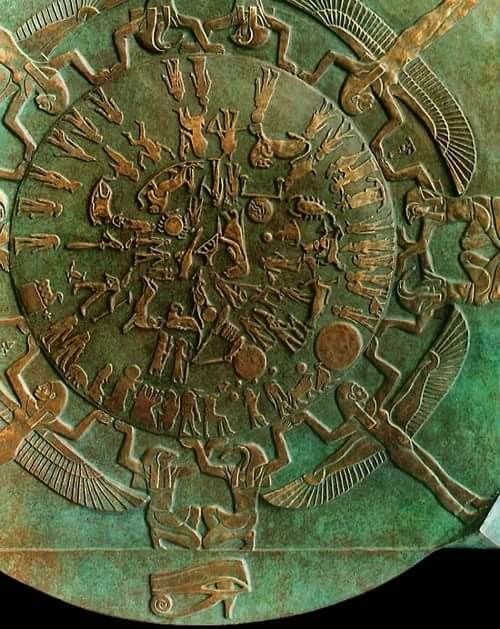Egypt’s Legacy of Invention
Ancient Egypt stands as one of the world’s oldest and most influential civilizations, renowned not only for its monumental architecture but also for a host of groundbreaking inventions. These innovations laid the foundation for many aspects of modern life, spanning writing, timekeeping, medicine, agriculture, and everyday tools.
Writing and Communication: The Birth of Recorded History
One of the most significant Egyptian inventions is the development of a sophisticated writing system:
Hieroglyphs: A complex set of symbols representing sounds, ideas, and objects, hieroglyphs enabled Egyptians to document history, religion, and administration with remarkable detail.
Papyrus: Made from the papyrus plant, this early form of paper revolutionized record-keeping and communication, facilitating the spread of knowledge.
Ink: Egyptians created durable black ink by combining soot, vegetable gum, and beeswax, along with colored inks made from natural minerals like ochre.
These writing innovations were crucial to administration, culture, and education.
Timekeeping: Understanding and Measuring Time
Egyptians were pioneers in time measurement and calendars:
Solar Calendar: Ancient Egyptians developed a solar calendar with 365 days divided into 12 months plus 5 extra days, closely aligning with the agricultural cycles and the annual flooding of the Nile.
Sundials: Used to tell time by tracking the shadow of the sun.
Water Clocks: Early devices that measured time through the regulated flow of water, enabling more precise timekeeping even when the sun wasn’t visible.
Agricultural and Practical Tools
Advancements in farming and daily life were key to sustaining Egypt’s civilization:
Ox-Drawn Plow: Improved agricultural productivity by enabling easier soil tilling.
Pottery Wheel: Allowed mass production of pottery, essential for storage and cooking.
Door Locks: Early security devices to protect homes and valuables.
Health and Hygiene Innovations
Egyptians made notable contributions to medicine and personal care:
Toothpaste: A mixture including powdered ox hooves, ashes, and burnt eggshells to maintain dental hygiene.
Breath Mints: Crafted from natural ingredients such as frankincense, myrrh, and cinnamon to freshen breath.
Medicine: Advanced medical practices using scalpels, forceps, dental drills, and prosthetics, reflecting their sophisticated knowledge of anatomy and surgery.
Culture and Recreation
Their creativity extended into cosmetics and leisure:
Early Cosmetics: Use of natural minerals to create makeup, believed to have both aesthetic and protective properties.
Bowling: Evidence of an early form of bowling game with pins and balls found in archaeological sites.
Conclusion: The Enduring Impact of Egyptian Inventions
The innovations of ancient Egyptians demonstrate their ingenuity and practical genius. From writing and timekeeping to medicine and agriculture, their inventions laid foundational stones for human progress and continue to inspire modern civilization.

